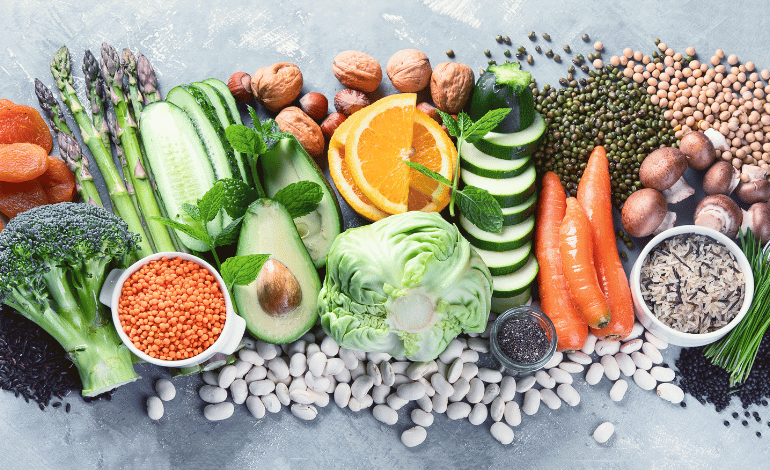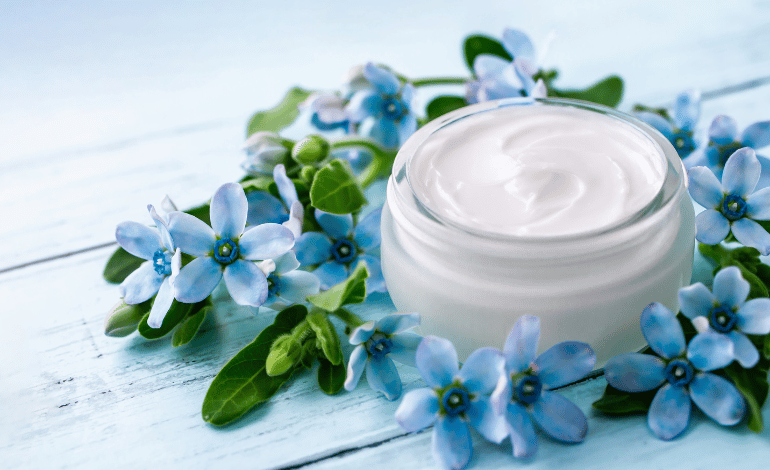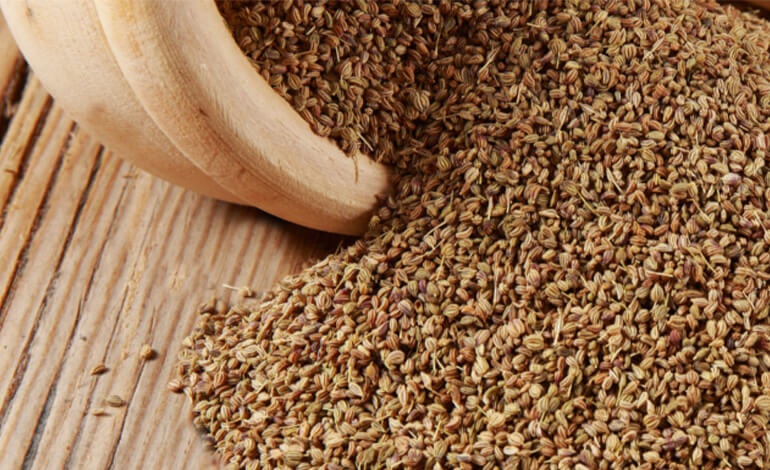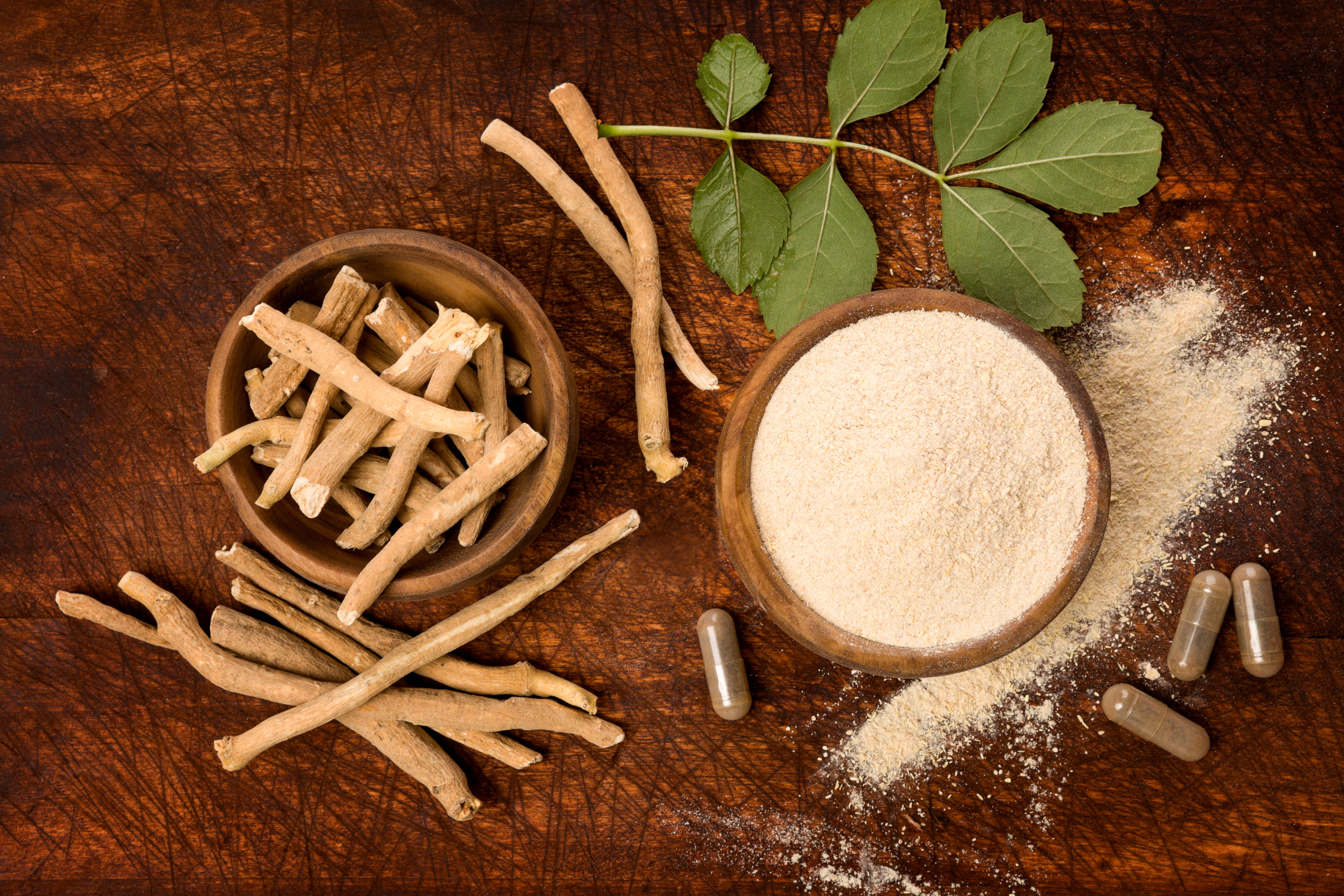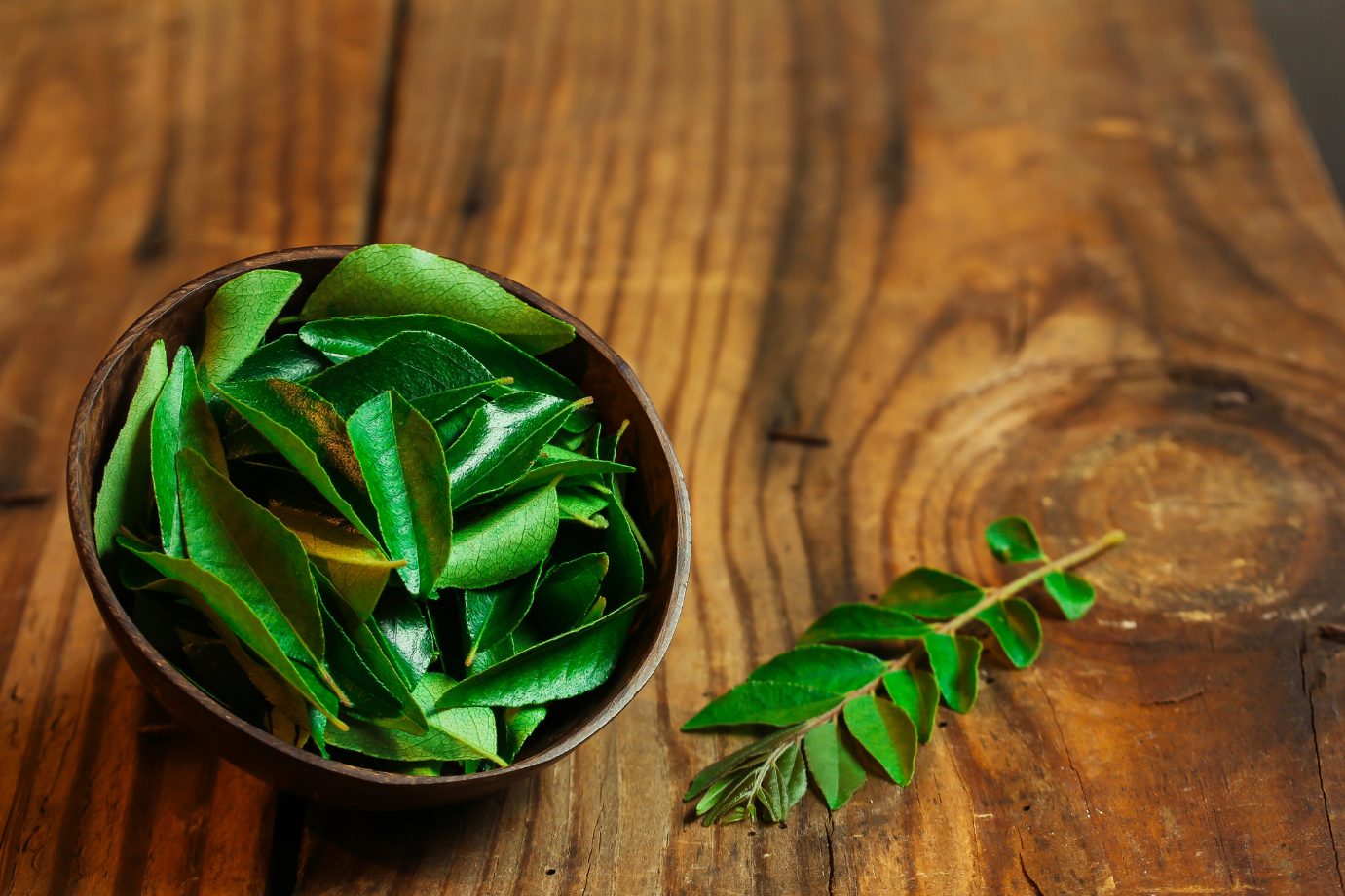Dill Herb Health Benefits and Side Effects
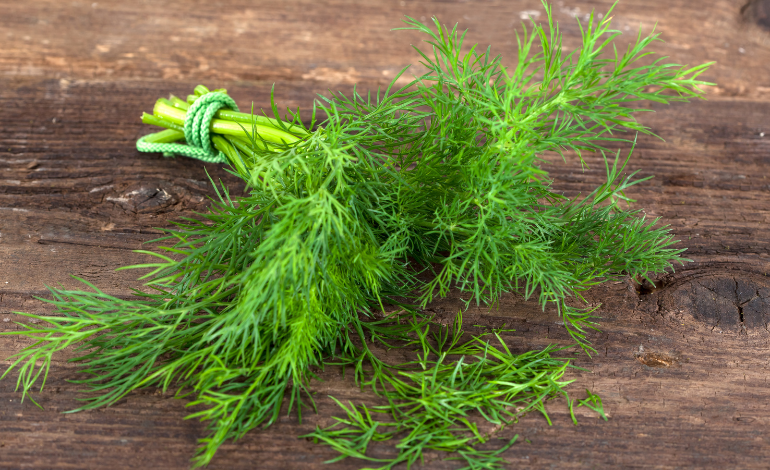
Dill Herb Health Benefits and Side Effects: Dill (Anethum graveolens) or Sowa is a lovely herb that belongs to the celery family. It’s an annual herb that grows up to 3 feet tall with delicate, feathery leaves and yellow flowers. The leaves are similar in appearance to fennel, but dill has a unique flavor and aroma all its own.
Dill is native to the Mediterranean region but is now widely cultivated in many parts of the world. It has been used for centuries in cooking, medicine, and even as a perfume. In the kitchen, dill is a versatile herb that pairs well with a wide range of dishes. It has a fresh, slightly sweet flavor that is often described as slightly tangy with a hint of anise.
One of the most popular ways to use dill is in pickling. Dill pickles are a classic favorite, but dill can also be used to pickle a wide range of vegetables. In addition to pickling, dill is a common ingredient in many traditional dishes from around the world, including Scandinavian gravlax, Greek tzatziki sauce, and Russian borscht.
Dill Herb Uses
Dill is a versatile herb with many uses. Here are some of the most common uses of dill:
- Culinary uses: Dill is commonly used as a seasoning in cooking. It has a distinctive flavor that is both tangy and sweet, and it pairs well with many different types of food. Dill is often used in pickling, as well as in soups, stews, and sauces.
- Medicinal uses: Dill has been used for centuries as a traditional medicine. It is thought to have digestive benefits, and it may also have anti-inflammatory and antioxidant properties. Dill can be brewed into a tea or taken as a supplement.
- Aromatherapy: Dill essential oil is used in aromatherapy to promote relaxation and relieve stress. It can be diffused or used in massage oils.
- Pest control: Dill plants can be used to repel certain pests, including aphids and spider mites. Planting dill near other plants can help to protect them from infestations.
- Cosmetic uses: Dill can be used in cosmetic products, such as soaps and lotions, due to its pleasant scent and potential skin benefits.
- Ornamental uses: Dill has a lacy, delicate appearance and can be used as an ornamental plant in gardens. It also attracts beneficial insects like ladybugs and lacewings.
Overall, dill has a wide range of uses and benefits, from culinary to medicinal to cosmetic.
Nutritional value of Dill Herb
Dill herb is a popular herb that is used for both culinary and medicinal purposes. It is low in calories and high in nutrients. Here is the nutritional value of dill herb:
- Calories: 43 kcal
- Protein: 3.5 g
- Carbohydrates: 7.9 g
- Fiber: 2.1 g
- Fat: 1.1 g
- Vitamin A: 771 IU
- Vitamin C: 85 mg
- Vitamin K: 154 mcg
- Folate: 38 mcg
- Calcium: 208 mg
- Iron: 6.6 mg
- Magnesium: 55 mg
- Potassium: 738 mg
Dill is particularly high in vitamin C, vitamin A, and vitamin K. It is also a good source of calcium, iron, magnesium, and potassium. The fiber content in dill is also notable and can contribute to healthy digestion. Dill also contains flavonoids and other compounds that have antioxidant properties and may help protect against certain diseases.
Dill Herb Health Benefits
Dill is an herb with a unique flavor that is commonly used in cooking. Besides its culinary uses, dill also offers several health benefits. Some of the potential health benefits of dill include:
- Digestive Health: Dill is known for its ability to aid in digestion. It contains compounds that help to relax the muscles of the digestive tract, which can help to relieve gas and bloating. Dill may also help to stimulate the production of digestive enzymes, which can aid in the breakdown of food.
- Anti-inflammatory properties: Dill contains anti-inflammatory compounds that may help to reduce inflammation throughout the body. This can be particularly beneficial for conditions such as arthritis.
- Immune system support: Dill is rich in vitamins and minerals that are important for immune system function. It contains vitamin C, which can help to boost the immune system and protect against infections.
- Bone Health: Dill is a good source of calcium, which is essential for healthy bones. It also contains vitamin K, which is important for bone health and helps to prevent osteoporosis.
- Antioxidant properties: Dill contains compounds that act as antioxidants, helping to protect against damage caused by free radicals. This can help to reduce the risk of chronic diseases such as cancer, heart disease, and Alzheimer’s disease.
- Skin Health: Dill is rich in vitamin A, which is essential for healthy skin. It also contains compounds that may help to reduce the appearance of wrinkles and fine lines.
- Blood sugar control: Dill may have a positive effect on blood sugar levels, as it has been shown to improve insulin sensitivity and lower fasting blood sugar levels in some studies.
- Phytoestrogens: Dill contains phytoestrogens, which are plant compounds that mimic the effects of estrogen in the body. These compounds may have a positive effect on women’s health, including reducing the risk of breast cancer and osteoporosis.
Overall, dill is a nutritious herb that offers a range of health benefits. It can be easily incorporated into your diet by adding it to salads, soups, and other dishes.
How to include Dill Herb in your Diet
Dill is a versatile herb that can be easily incorporated into a variety of dishes. Here are some ways you can include dill in your diet:
- Add it to salads: Dill adds a fresh and tangy flavor to salads. It pairs well with cucumber, tomatoes, and feta cheese.
- Use it in dips: Dill is a common ingredient in dips like tzatziki and hummus. It adds a refreshing flavor and pairs well with yogurt and lemon.
- Sprinkle it on roasted vegetables: Roasted vegetables like carrots, potatoes, and zucchini taste great with a sprinkle of dill. Add it to the vegetables before roasting for maximum flavor.
- Use it as a seasoning: Dill can be used as a seasoning for fish, chicken, and potatoes. Sprinkle it on top of your favorite dishes for added flavor.
- Make a sauce: Dill can be used to make a delicious sauce for fish or vegetables. Combine it with yogurt, lemon, and garlic for a tasty and healthy sauce.
- Use it in soups and stews: Dill adds a delicious flavor to soups and stews. Add it to vegetable or chicken soup for a refreshing taste.
Overall, there are many ways to include dill in your diet. Experiment with different recipes and enjoy the health benefits of this flavorful herb.
Side Effects of Dill Herb
Dill is generally safe for most people when used in moderation as a food or spice. However, there are some potential side effects to be aware of:
- Allergic reactions: Some people may have an allergic reaction to dill. Symptoms of an allergic reaction can include skin rash, itching, and difficulty breathing. If you experience these symptoms after consuming dill, seek medical attention immediately.
- Skin irritation: Applying dill essential oil directly to the skin can cause irritation, redness, and a burning sensation. It is important to dilute the oil with a carrier oil before use.
- Blood sugar effects: Dill may lower blood sugar levels. If you have diabetes or are taking medication to lower blood sugar levels, talk to your healthcare provider before consuming large amounts of dill.
- Pregnancy and breastfeeding: There is not enough research on the safety of dill during pregnancy and breastfeeding. It is best to avoid dill in large amounts during these times.
- Drug interactions: Dill may interact with certain medications, including blood thinners and medications for diabetes. If you are taking any medications, talk to your healthcare provider before using dill supplements.
Overall, dill is generally safe when consumed in moderation as a food or spice. However, if you are considering using dill supplements or essential oil, it is important to talk to your healthcare provider first to ensure that it is safe for you.
Conclusion on Dill Herb
In conclusion, dill herb is a versatile herb that is highly valued for its distinct flavor and numerous health benefits. Dill is rich in nutrients such as vitamins A, C, and K, calcium, iron, and potassium. It is low in calories and high in fiber, making it a great addition to a healthy diet. Dill is also used in traditional medicine to treat various ailments, such as digestive issues and insomnia. Its antioxidant properties may help protect against certain diseases. Dill is commonly used in cooking, especially in pickles and sauces, but its uses are not limited to culinary applications. Overall, dill is a valuable herb that offers many benefits for both taste and health.
Grow Dill Herb Leaves in Your Kitchen Garden
FAQ for Dill Herb
Q1 What is dill herb?
Ans. Dill herb is a plant in the parsley family that is commonly used as a culinary herb. It has a distinctive flavor that is both tangy and sweet, and it is often used in pickling, soups, stews, and sauces.
Q2 What are the health benefits of dill herb?
Ans. Dill herb is a good source of antioxidants, folate, and phytoestrogens, and it may have digestive benefits and anti-inflammatory properties. Some studies suggest that it may also have a positive effect on blood sugar levels and cholesterol.
Q3 How can I use dill herb in cooking?
Ans. Dill herb can be used in a variety of ways in cooking. It can be added to salads, dips, roasted vegetables, and soups and stews. It can also be used as a seasoning for fish, chicken, and potatoes.
Q4 Are there any side effects of dill herb?
Ans. Dill herb is generally safe when consumed in moderation as a food or spice. However, some people may have an allergic reaction to dill, and it may interact with certain medications. It is also important to avoid large amounts of dill during pregnancy and breastfeeding.
Q5 Can dill herb be used for medicinal purposes?
Ans. Dill herb has been used for centuries as a traditional medicine. It is thought to have digestive benefits, and it may also have anti-inflammatory and antioxidant properties. Dill can be brewed into a tea or taken as a supplement.
Q6 Where can I buy dill herb?
Ans. Dill herb is available fresh, dried, or in the form of essential oil at most grocery stores and health food stores. It can also be grown at home in a garden or in a container.



